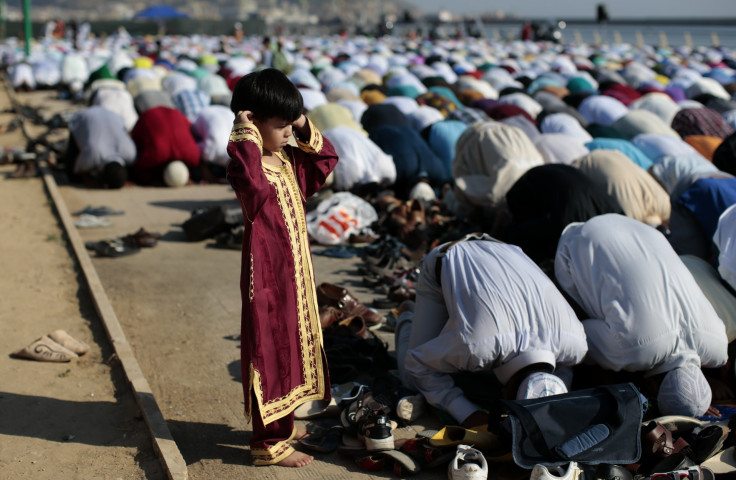US, Italy Had 'Aggressively Monitored' Muslims In Italy, WikiLeaks Cables Say: Report

Italy's Muslim population has been reportedly “aggressively monitored,” WikiLeaks cables dated from 2005 reveal. The documents were classified by then-U.S. Ambassador to Italy Ronald Spogli. The documents were based on a private informal lunch at the U.S. ambassador’s residence and also involved the then-Italian Interior Minister Giuseppe Pisanu and Italy's Chief of Police Giovanni De Gennaro.
According to the documents, in the years before 2005, about 200 Muslims were expelled from Italy on suspicion of extremism, Sputnik News reported. Pisanu was reportedly quoted in the document as saying that Italy's Muslim community was different from that in France and other European countries because they were much smaller, more diffuse and mostly economic migrants in the former.
"Muslims comprise approximately two percent of the [Italian] population. The majority are moderates; only five percent of Muslims in Italy attend mosque; and many are itinerant workers… The Italian Government closely monitors this community and expels those who preach violence," according to the cable dated Sept. 26, 2005.
The government was, however, concerned about at least three percent of Muslims, whom it deemed "prone to extremism," according to WikiLeaks cables.
“Still, there will always be some prone to extremism, but the minister estimated these counted for no more than three percent of the community in Italy. The [Muslim] advisory council was designed to reach out to the other 97 percent. The three percent were aggressively monitored — mosques, schools, bakeries, butcher shops, meeting places," according to a document from Dec. 7, 2005, Sputnik News reported.
"This meant that perhaps 2,000 had been identified and put under watch."
The report comes at a time when Islamophobia in Europe is on the rise, following deadly attacks in Paris that killed 17 people.
The U.S. had also been conducting a "Muslim Outreach" program in Italy led by Milan's Consulate General. The mission of the program was “utilizing a combination of our U.S. Speakers and Exchange programs together with Embassy resources to promote our agenda," a 2007 cable read, according to Sputnik News.
The U.S. has also been reportedly conducting such programs across other European countries.
"… the two overarching goals of U.S. engagement with Europe's Muslims: countering the widespread conviction that the U.S. is somehow ‘at war’ with Islam, and initiating a constructive dialogue about Muslim integration in European societies aimed at sharing America's best practices with regard to providing equal opportunity to disadvantaged, racially distinct minorities," a 2007 document quoted Farah Pandith, U.S. senior advisor to the assistant secretary of state for European and Eurasian affairs, as saying, Sputnik News reported.
In 2005, the U.S. had set up an Integration Issues Working Group (IIWG) "to coordinate outreach and reporting activities related to the Dutch Muslim community." According to a 2006 cable, the program "made engaging with the Dutch Muslim community a top priority." The documents further listed "improving the image of the United States and U.S. policies among the increasingly influential — and largely anti-American — Dutch Muslim community," as the program's primary goal.
© Copyright IBTimes 2024. All rights reserved.





















